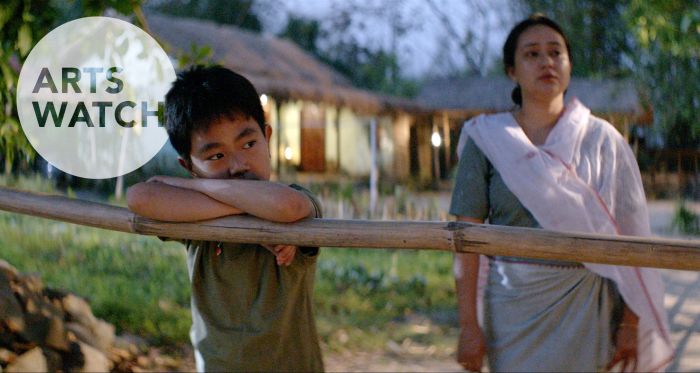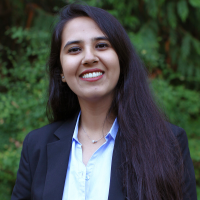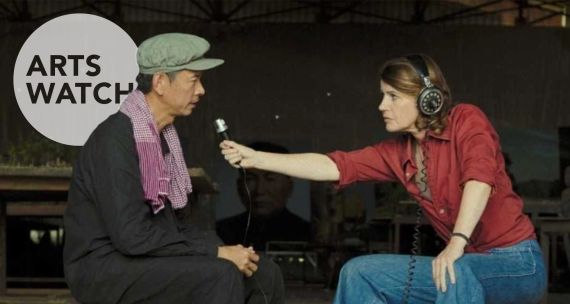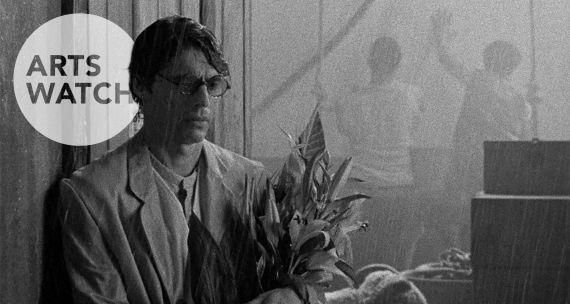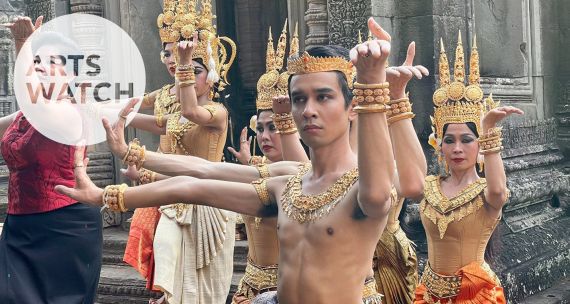Synopsis: Boong, Lakshmipriya Devi’s directorial debut, crafts a deeply evocative tale set in the fraught landscapes of Manipur, a region teeming with ethnic tensions and political undercurrents. The film chronicles the odyssey of its young protagonist, Boong, a spirited schoolboy who embarks on a quest to find his missing father amidst the unrest. At once a poignant coming-of-age story and a meditation on resilience, Boong deftly weaves the intimate with the political, offering a window into the bonds of family and friendship that transcend tribal divisions.
A Richly Textured Cultural Canvas
One of Boong’s most arresting achievements is its immersive depiction of Manipuri culture, rendered in vibrant, tactile detail. Devi eschews the homogenized gloss of Bollywood, instead inviting audiences into a world steeped in local tradition and ritual. The film is a celebration of regional identity, a reclamation of a cultural narrative too often relegated to a region long marginalized in Indian cinema. The incorporation of Indigenous customs — such as prayers offered to plants and the ethereal grace of Manipuri dance performed during Holi — imbues the film with a sense of place so vivid it feels almost lived-in.
These cultural markers, far from being mere window dressing, are integral to the fabric of the story. Devi’s camera lingers on the everyday, from the rituals that shape daily life to the intimate moments shared between characters. This attention to detail not only grounds the narrative but also serves as a counterpoint to the larger sociopolitical tensions simmering beneath the surface. It is a subtle but powerful reminder that life, even in regions torn by conflict, is defined not solely by struggle but by resilience, tradition, and the quiet beauty of cultural continuity.
Friendship as a Salve for Ethnic Strife
At the heart of Boong lies the tender friendship between Boong and Rahul, a boy from outside Manipur who becomes his unlikely companion. This relationship serves as the emotional core of the film; Devi deftly uses this bond to underscore the larger tensions between the Meitei and the Mayang (non-Manipuri Indians), illustrating how the prejudices that divide adults are meaningless in the eyes of children.
Rahul, as a foil to Boong, brings an outsider’s perspective, yet their camaraderie feels natural and unforced. Their banter, their shared jokes — most notably the recurring Madonna song they sing as a form of prayer — inject levity into an otherwise heavy narrative. The music here, far from a simple plot device, functions as a kind of emotional compass, guiding Boong through the tumultuous landscape of his search for his father.
Resilience in the Face of Conflict
As the narrative unfolds, the boys’ journey leads them to the border town of Moreh, where the intersection of Indian and Burmese tensions looms large. Here, the film shifts from a personal odyssey to a broader exploration of geopolitical fault lines. The border protocols, the looming presence of soldiers, and the haunting wail of the three sirens that regulate cross-border movement serve as metaphors for the invisible yet unbreakable divisions that permeate both nations and communities. The teasing of Rahul in Burmese by local children adds another layer of complexity, a reminder that even among those who live on the margins, divisions and prejudices persist.
Yet, for all its exploration of conflict, Boong is ultimately a story about resilience. Boong’s determination to reunite with his father mirrors the endurance of the Manipuri people, who have weathered decades of unrest with quiet strength. The film’s depiction of this spirit is both delicate and unflinching, never resorting to sentimental platitudes but instead portraying survival as a complex, often painful, process. Despite the gravity of the film’s themes — displacement, loss, identity — Devi manages to infuse the narrative with moments of lightness. Boong is a reminder that even in the most fractured of landscapes, the human spirit finds ways to endure, to connect, and to heal.
• Edited by Ted Fraser, Senior Editor, APF Canada
In Partnership with the International South Asian Film Festival Canada.
